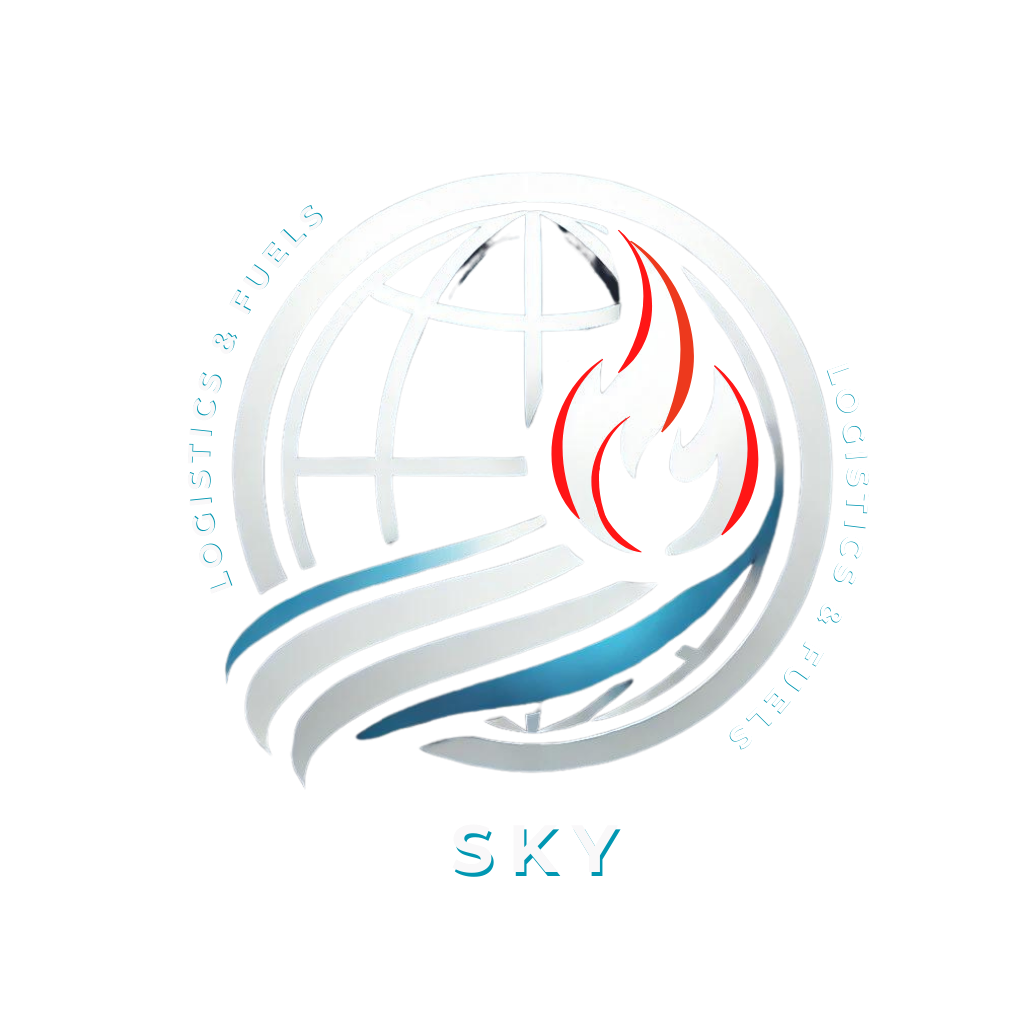Understanding the Interrelationship
The relationship between logistics companies and fuel suppliers is essential for the efficient functioning of supply chains. Logistics companies rely heavily on fuel availability to maintain their operations, as fuel is a critical component of transportation logistics. A disruption in fuel supply can lead to delays, increased costs, and reduced service levels, thereby impacting overall operational efficiency. Consequently, the dependency of logistics on the consistent availability of fuel illustrates the strong interconnection between these two sectors.
Additionally, fluctuations in fuel pricing directly affect logistics companies. Fuel prices can vary greatly due to geopolitical events, natural disasters, and changes in crude oil markets. Such variability challenges logistics providers to accurately forecast expenses and maintain profitability. As a response, strategies such as fuel hedging and route optimization are often employed to mitigate the impact of pricing changes, highlighting the need for collaborative approaches that integrate insights from fuel suppliers.
Fuel companies, recognizing their role in this crucial relationship, can provide various value-added services that enhance the operational capabilities of logistics firms. For instance, innovative fuel management practices, including real-time monitoring of fuel consumption and the implementation of efficient refueling processes, can lead to significant cost savings and improved operational performance for logistics providers. Forming strategic partnerships allows both sectors to pool their resources and expertise, leading to shared benefits, reduced downtime, and increased delivery efficiencies.
Case studies of successful collaborations offer concrete examples of how fuel suppliers and logistics providers can work together effectively. For example, partnerships enabling ‘just-in-time’ fuel deliveries ensure that logistics operations are not impeded, while also allowing fuel companies to optimize their distribution networks. Through these cooperative efforts, both sectors not only thrive but also contribute significantly to the overall productivity of the supply chain.
Innovative Solutions Driving Efficiency
In the ever-evolving landscape of fuel supply and logistics, innovative solutions are crucial for driving efficiency and optimizing operations. Recent advancements in fuel-efficient transportation have played a significant role in reducing emissions and operational costs. For instance, the adoption of alternative fuels, such as biofuels and electricity, has allowed both fuel suppliers and logistics providers to reduce their carbon footprint while maintaining service reliability. These sustainable fuel alternatives not only align with environmental regulations but also cater to a market increasingly leaning towards eco-conscious business practices.
Moreover, logistics planning software has emerged as a vital tool in enhancing operational efficiency. These platforms enable companies to streamline route planning, manage fuel consumption, and forecast demands accurately, leading to cost savings and improved service delivery. By integrating real-time data analytics, businesses can assess their performance metrics, identify bottlenecks, and make informed decisions swiftly. This agility is essential in a sector where time-sensitive deliveries can significantly impact customer satisfaction and profitability.
Furthermore, automation and the use of digital platforms are transforming traditional supply chain models, promoting transparency and reducing costs. Automation of warehousing processes, for instance, has allowed logistics providers to enhance inventory management while minimizing human error. The implementation of Internet of Things (IoT) technologies facilitates real-time tracking of shipments, giving both suppliers and customers an unprecedented level of visibility throughout the supply chain. Successful examples include partnerships where fuel suppliers utilize advanced tracking systems that inform logistics providers about fuel levels and delivery timelines, allowing for more efficient inventory management.
In this collaborative environment, the future prospects for synergy between fuel suppliers and logistics providers appear promising. Through continuous innovation and the adoption of cutting-edge technologies, both sectors can strive towards increased efficiency and sustainability, shaping a resilient supply chain that meets modern demands.

